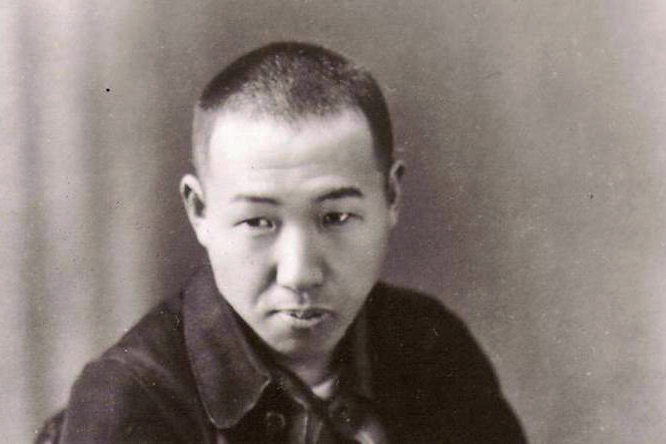A teacher, philosopher, farmer and activist, and yet distinctly childlike himself, Kenji Miyazawa (1896-1933) continues to exert his influence on Japanese children's literature. The characteristics of Miyazawa's works — fantastical worlds, a deep connection to nature, layered texts of poignancy and progressive morals — laid the foundations for much of the genre.
John Bester's translation of Miyazawa's, "The Restaurant of Many Orders," part of "Once and Forever," a collection of tales by Miyazawa, was featured in an issue of Granta just last year, testament to the author's lasting popularity. The short story playfully considers the plight of two hunters who stop for a bite to eat at Restaurant Wildcat House only to gradually realize that they themselves are on the menu. An ardent vegetarian, Miyazawa spares the two hunters in his work, but his subtlety in questioning our attitudes toward eating animals and his ironic humor give the work a timeless relevancy.
Another popular work, "Matasaburo of the Wind," translated by Lafcadio Hearn, describes the reactions and interactions between the village children and "the stranger with reddish hair," whom they decide must be a wind spirit for his sudden appearance and connections to nature.



